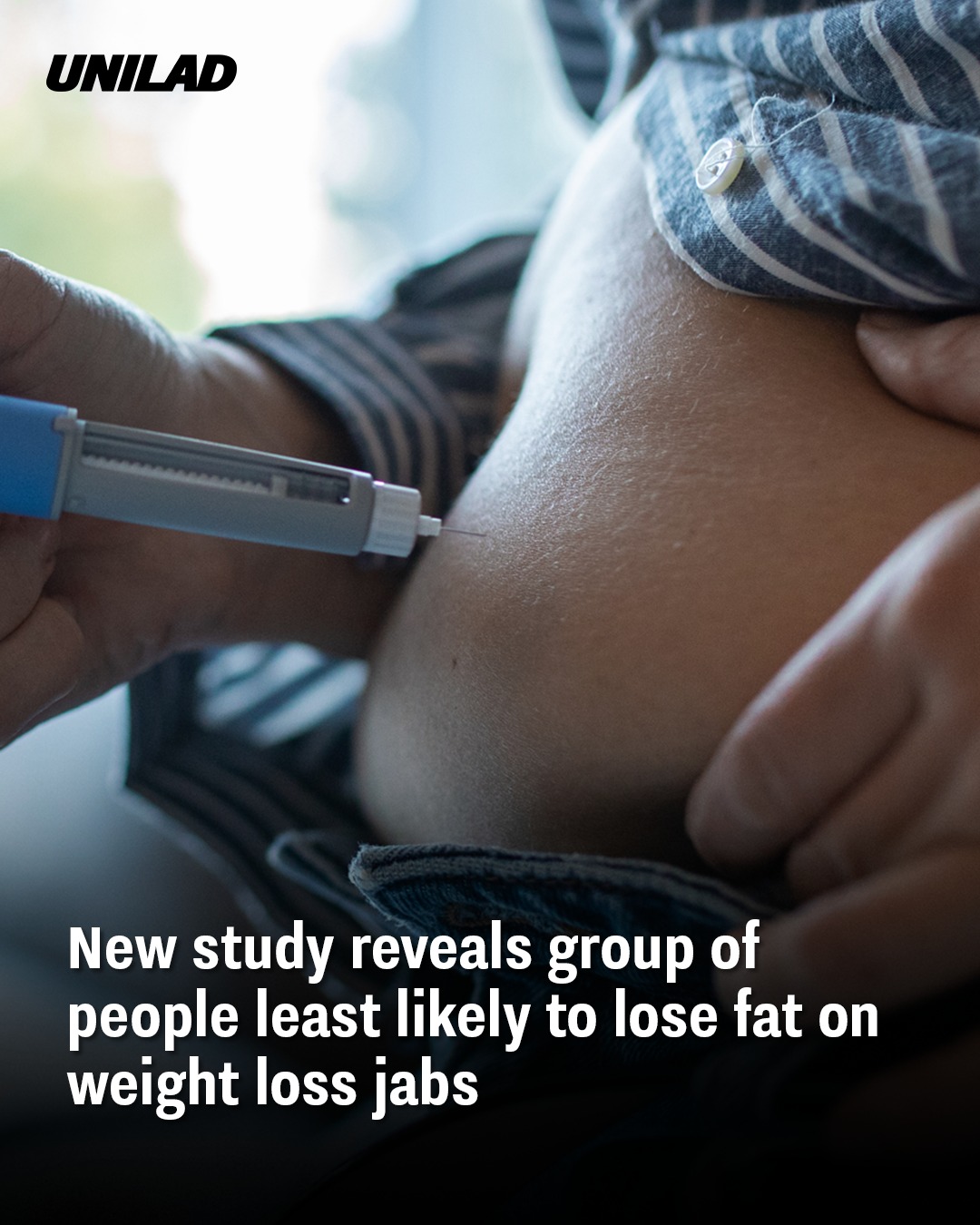Weight loss injections have gained popularity in recent years, with around 12 percent of Americans turning to GLP-1 agonists to shed pounds. These injections, which mimic the hormone GLP-1, help manage blood sugar and stabilize hunger, and are widely used in the treatment of type 2 diabetes. However, a new study has revealed that not everyone experiences the same level of success when using these weight loss jabs. The effectiveness of GLP-1 medication may depend largely on an individual’s eating behaviors, offering new insights for those seeking sustainable weight loss.
GLP-1 Injections and Weight Loss: A Complex Relationship
GLP-1 receptor agonists have been a game-changer for many looking to lose weight, as they not only help in reducing food cravings but also support better blood sugar management. The injections are typically administered on a weekly basis and have proven to be effective for some individuals in promoting fat loss. However, there is a group of people who struggle to see the same results, despite following the same treatment plan.

Around 12 percent of Americans have been using weight loss jabs to shed the pounds (Getty Stock Photo)
According to a study led by Professor Daisuke Yabe from Kyoto University, eating behaviors play a crucial role in predicting how well GLP-1 medications work for individuals. Researchers focused on three types of eating behaviors in particular:
external eating, emotional eating, and restrained eating.
- External Eating: This behavior refers to eating based on the appearance or smell of food rather than hunger. For example, individuals may be tempted to eat because food looks appealing, even if they are not physically hungry.
- Emotional Eating: Many people turn to food in response to stress, sadness, or other emotional triggers. This type of eating can be harder to control and often leads to overeating.
- Restrained Eating: This is the practice of restricting food intake in an attempt to reduce overall calorie consumption. While it may seem like a method of controlling weight, it can sometimes backfire if it leads to binge eating later.
Study Breakdown: How Eating Habits Influence Weight Loss
The study tracked 92 participants with type 2 diabetes who were prescribed GLP-1 medication. Over the course of one year, the researchers monitored weight, body composition, diet, blood sugar levels, and cholesterol. The results showed that those with external eating behaviors experienced better weight loss outcomes than those who struggled with emotional eating or restrained eating.
After three months of treatment, most participants reduced their food intake in response to external and emotional triggers. However, by the end of the year, emotional eating habits had returned to baseline levels, which made it harder for these individuals to maintain long-term weight loss. Interestingly, participants who relied on restrained eating or emotional cues to eat lost significantly less weight compared to those whose eating habits were driven by external cues.
Dr. Takehiro Kato, a second author of the study, suggested that emotional eating is likely more influenced by psychological factors, which may not be directly addressed by GLP-1 receptor agonist therapy. In other words, people who turn to food to cope with emotions may not experience the same level of success with weight loss jabs as those who eat based on external factors like food appearance or social situations.
The Implications for Weight Loss Treatment
Professor Yabe further emphasized that GLP-1 receptor agonists tend to work best for individuals who experience weight gain due to overeating caused by external stimuli. However, for those whose weight gain is primarily driven by emotional eating, the medication may not be as effective. Yabe pointed out that while the study provides valuable insights, more research is needed to validate these findings before they can be implemented in clinical settings.
Personalized Approaches to Weight Loss
The study highlights an important factor in weight loss that is often overlooked: personalization. Weight loss is not one-size-fits-all, and factors like eating behavior can significantly impact the outcome of treatments like GLP-1 injections. For people who struggle with emotional eating, alternative treatment methods such as therapy, behavioral interventions, or mindfulness training may be necessary to address the root causes of overeating. Moreover, understanding individual eating patterns may allow healthcare providers to personalize treatment plans and improve the chances of success for those using GLP-1 medication.
Looking Ahead: Further Research and Clinical Application
While this study is a promising step toward understanding the complex relationship between eating behavior and weight loss medication, there is still much to learn. As Dr. Kato mentioned, the findings remain preliminary and will need to be confirmed through larger studies before any major changes can be made to treatment protocols. However, the possibility of incorporating simple behavioral assessments to tailor weight loss treatments could be a game-changer for those who have struggled to lose weight despite using GLP-1 medications.
How Can You Benefit from This Information?
If you are considering GLP-1 injections or are already using them, understanding your eating behavior is a crucial first step. Take note of whether you tend to eat based on external cues, emotional triggers, or attempts to restrict your food intake. By recognizing these patterns, you can make more informed decisions about your treatment plan. In some cases, addressing emotional eating or seeking additional support through therapy or lifestyle changes could help improve your results with GLP-1 therapy.
Additionally, if you struggle with emotional eating, it may be beneficial to seek the help of a licensed attorney, dietitian, or psychologist who specializes in recovery and treatment for eating disorders. With the right support, you can overcome emotional eating and achieve your weight loss goals, even without relying solely on medication.
Conclusion: A Holistic Approach to Weight Loss
While weight loss injections have proven effective for many individuals, the new study underscores the importance of considering psychological and behavioral factors when it comes to weight loss. Emotional and external eating habits can significantly impact the effectiveness of GLP-1 agonists, and addressing these behaviors may increase the likelihood of successful weight management. By understanding the root causes of overeating and working with healthcare professionals to develop a personalized treatment plan, you can achieve better results and improve your overall well-being.
For those interested in learning more about related topics, such as the emotional aspects of eating and weight loss, check out these articles:
- Man Loses 360 Pounds Naturally: Internet Rallies to Support His Next Step
- Tammy Hembrow’s Bikini Photos Are Stirring Controversy: Here’s Why Everyone’s Talking
This comprehensive approach to weight loss offers hope for many individuals who have struggled with emotional eating or other challenges related to weight management.



